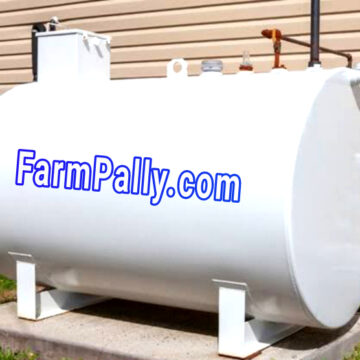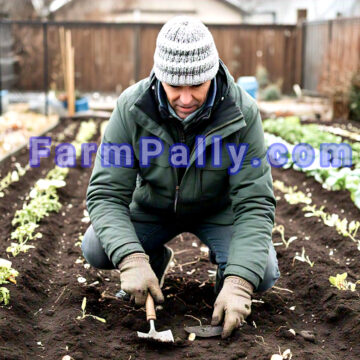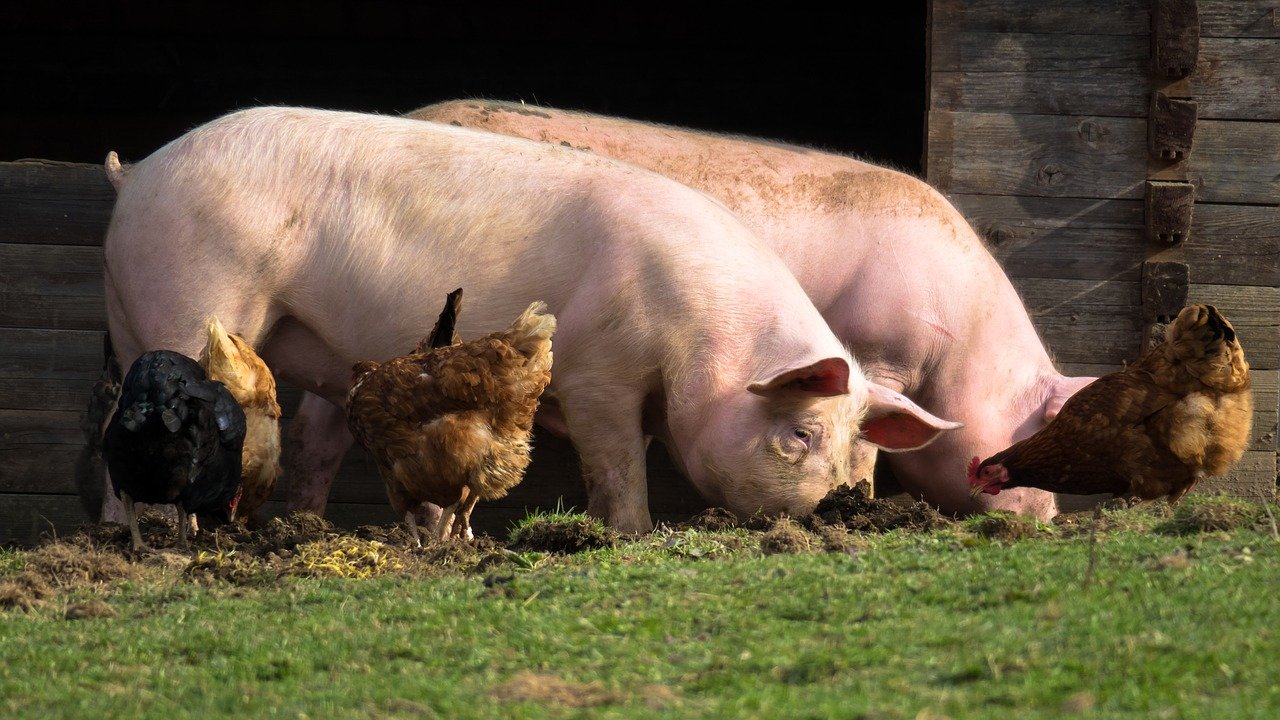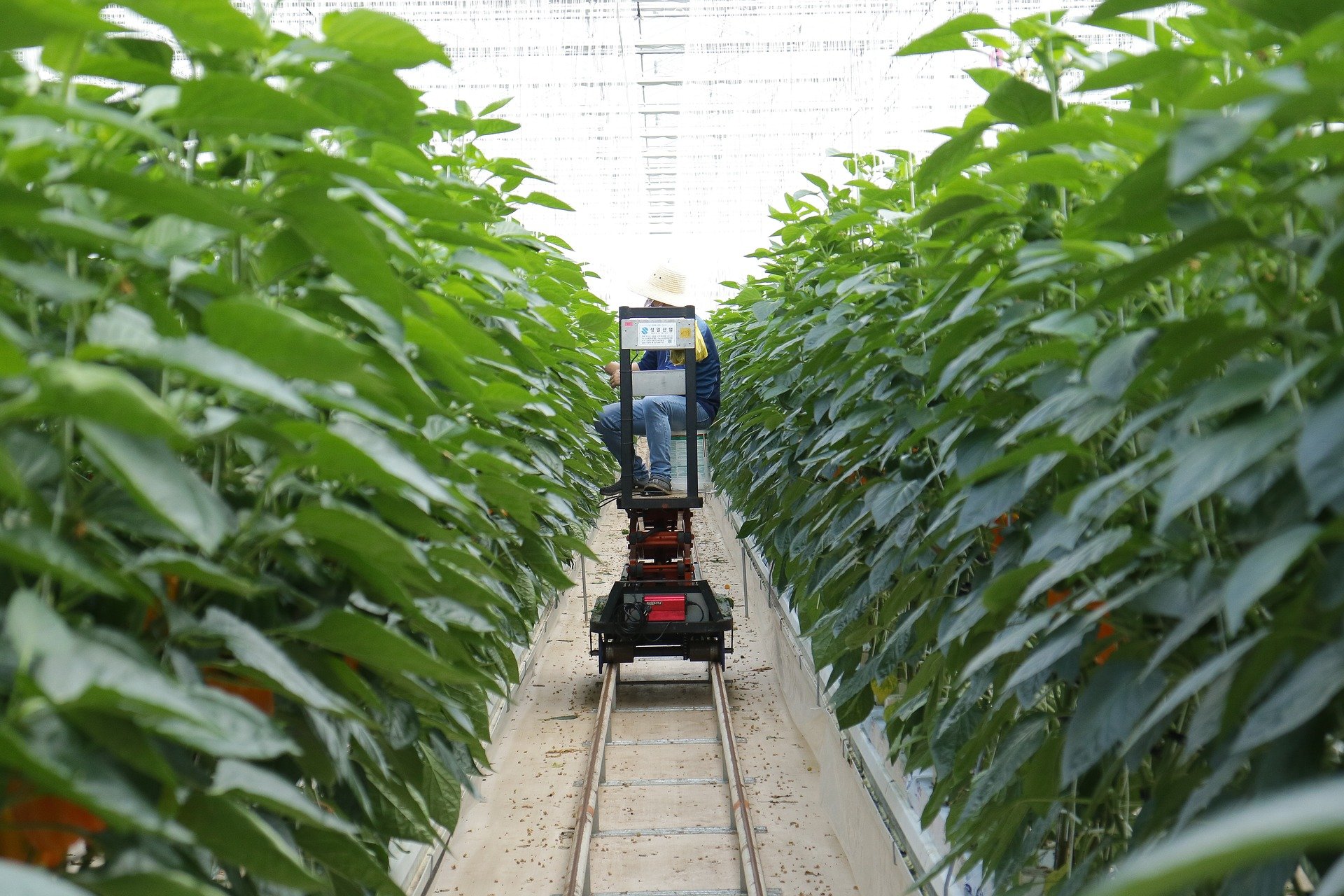Internet of Things (IoT) technology has been one of the components of precision agriculture and smart farming that’s now encouraged.
Like we discuss previously, modern day farmers can not rely on human labor, tractors and some middle age machines to carry out their farming activities.
To maximize farmland and other resources, smart farming which is driven by IoT, automation, and connected devices will go in a long way to help farmers, reducing costs, improving yields field and maximizing profits.
With internet of things, you can now monitor your crops and livestock with smart gadgets which have been developed such purposes only. Farmers will have real time data on what’s going on in their farms.
These smart gadgets help in improving the efficiency of farming since problems can easily be discovered and farmers will be able to respond o them before they start affecting yield.
What is smart agriculture all about
Smart agriculture is a synonym of AgriTech which means the application of technology in farming processes.
However, smart agriculture or smart farming is more pronounced and used for explaining the application of IoT solutions in agriculture.
With the shift from traditional farming method to iot based agriculture, there is now improvement and increase in the adoption of IoT solutions in agriculture.
There is also forecast that the global smart agriculture market’s size will grow to 23 billion US dollars in 2022.
Implementing smart farming with iot technology means agriculture will not be field based, you can be on your farm while you´re at home, here are some of the benefits of iot in agriculture and the transformation it´s bringing to this industry.
Collecting data with smart agriculture sensors
With iot based farming, you can deploy robotics to monitor your farm. These technologies can collect data about the soil nutrients with the help of soil sensors attached to it, data about climate with air sensor and check the crop’s growth or livestock´s health in their ranch.
This technology can as well be used to track the performances of your employees on the farm and the efficiency of the tools being used on the farm.
- Lower production costs and risks
One of the reasons why smart agriculture is good is for example, the tools used can help in forecasting ugly climatic conditions. This will minimize the risks that comes with this weather conditions since farmers would be well aware of this.
Also, farmers will be able to forecast the outcome of the production. This will help in terms of planning harvesting, distributions and sales. You will be able to know how much crops will be ripe for harvesting and its marketing can be well planned so you don’t have oversupply and loss.
- Increased control over production
Farmers having control over their production can help in reducing the amount of farm produce that get waste. It will also be able to manage cost and increase income.
This will be achievable since the farmers will be able evaluate the number of crops or animals that are not likely to give good yield in the time of harvest.
With iot devices, farmers can automate farm processes and this will enhance the efficiency in using farm tools and the business at large. Through the use of smart devices, it is possible to automate many processes across production. For example seeding, nursery, fertilizing, weed control, irrigation, pest control and even harvesting.
Since farmers can now monitor their farms from home, they’ll be proactive in dealing with the challenges they face with their production. For example, it’s not until you visit your farm that you´ll that some pests have invaded your farm.
You’ll get report via network on your smartphone and you’ll be able to proffer immediate remedy and prevent further damage to your crops or animals which will in turn help in increasing and as well improving yield.
You will achieve better control over the production processes along with maintaining higher standards of crop quality.








